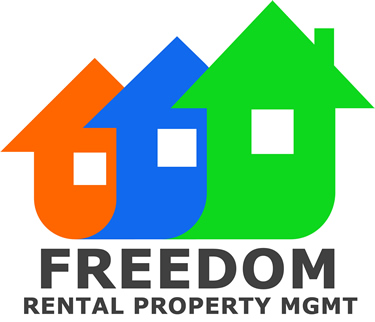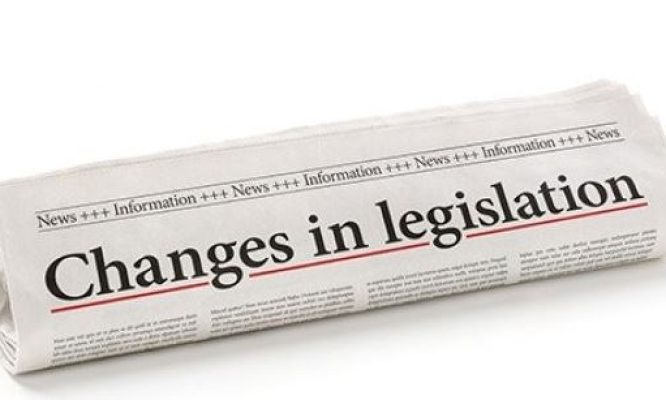On January 1, 2024, significant amendments to Minnesota’s landlord-tenant statute (Minn. Stat. § 504B) went into effect. These changes impact all residential leasing relationships and disputes in Minnesota, requiring landlords to carefully review and update their practices. The new laws introduce substantial requirements for lease agreements, inspections, tenant rights, and eviction actions. Noncompliance with the new requirements can lead to fines, monetary penalties, and attorney fees favoring tenants. While individual violations may seem minor, they can accumulate, especially for landlords with large-scale operations.
Top 10 Changes for Residential Landlords
1. New Pre-Eviction Notice Requirements
- Previously, landlords could file for eviction as soon as rent was overdue. Now, they must provide a written pre-eviction notice at least 14 days before filing. This notice must include:
- Total amount due.
- Detailed accounting of unpaid rent, late fees, and other charges.
- Name and address of the person authorized to receive rent.
- Information on legal and financial assistance and the timeframe to avoid eviction.
2. Security Posting for Evictions
- Courts can no longer require tenants to pay money, post bond, or other security during eviction actions, unless the action is delayed for more than 10 days.
3. Tenant Right to Redeem
- Tenants can now avoid eviction for nonpayment of rent by obtaining a guarantee from a government agency or tax-exempt organization that administers rental assistance programs.
4. Tenant Privacy Protections
- Landlords must provide at least 24 hours’ notice before entering a rental property, specifying a time frame between 8:00 a.m. and 8:00 p.m., unless otherwise agreed. Violations can result in penalties, including rent reduction, lease rescission, damage deposit recovery, a $500 civil penalty per violation, and attorney fees.
5. Fee Disclosure Requirements
- Landlords must disclose all nonoptional fees in lease agreements and advertisements. The first page of all lease agreements must show the total monthly payment and specify whether utilities are included in the rent. Violations can lead to triple damages and attorney fees.
6. Initial and Final Inspections
- Landlords must offer tenants the option for inspections at the beginning and end of the lease term to identify deficiencies and avoid security deposit deductions. Inspections must occur within 14 days of occupancy and within five days before the lease ends, or alternatively, move in photos or videos of the unit can be provided by the tenant.
7. Minimum Temperature Requirements
- Landlords must ensure a minimum temperature of 68 degrees Fahrenheit from October 1 to April 30 for units without tenant-controlled thermostats, unless otherwise instructed by utility companies.
8. Broadened Tenant Rights to Seek Relief
- Tenants can now seek judicial relief for a wider range of issues, including loss of rental licensing, infestations, nonfunctioning appliances, and other health or safety conditions. Air conditioners and refrigerators along with other appliances that stop working and need maintenance is now considered an emergency. Property owners can be fined if a repair or solution is not implemented within 24 hours.
9. Longer Termination Notice for At-Will Tenants
- Termination of at-will tenancies now requires written notice at least as long as the interval between rent payments or three months, whichever is less.
10. New Right to Terminate for Health Reasons
- Tenants can terminate leases for health reasons with documentation from a medical professional. Specific notice and timing requirements must be met to utilize this right.
Looking Ahead
The full impact of these changes remains to be seen, but it’s evident they all favor tenants and make property owner’s and landlords job more challenging. The new duties and obligations could lead to increased litigation and penalties for noncompliant landlords.


